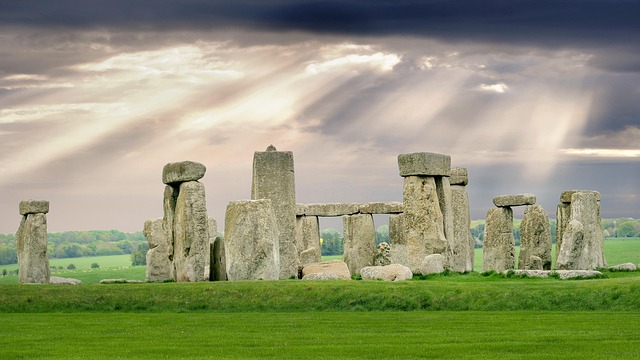Article Title:Early human occupation at Devil's Lair, southwestern Australia 50,000 years ago
Abstract:
New dating confirms that people occupied the Australian continent before the earliest time inferred from conventional radiocarbon analysis. Many of the new ages were obtained by accelerator mass spectrometry C-14 dating after an acid-base-acid pretreatment with bulk combustion (ABA-BC) or after a newly developed acid-base-wet oxidation pretreatment with stepped combustion (ABOX-SC). The samples (charcoal) came from the earliest occupation levels of the Devil's Lair site in southwestern Western Australia. Initial occupation of this site was previously dated 35,000 C-14 yr B.P. Whereas the ABA-BC ages are indistinguishable from background beyond 42,000 C-14 yr B.P., the ABOX-SC ages are in stratigraphic order to similar to 55,000 C-14 yr B.P. The ABOX-SC chronology suggests that people were in the area by 48,000 cal yr B.P. Optically stimulated luminescence (OSL), electron spin resonance (ESR) ages, U-series dating of flowstones, and C-14 dating of emu eggshell carbonate are in agreement with the ABOX-SC C-14 chronology. These results, based on four independent techniques, reinforce arguments for early colonization of the Australian continent. (C) 2001 University of Washington.
Keywords: ABOX-SC; radiocarbon dating; luminescence dating; electron spin resonance dating; U-series dating; Australian archaeology
DOI: 10.1006/qres.2000.2195
Source:QUATERNARY RESEARCH
Welcome to correct the error, please contact email: humanisticspider@gmail.com



